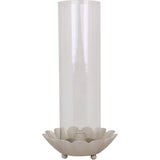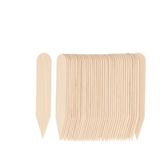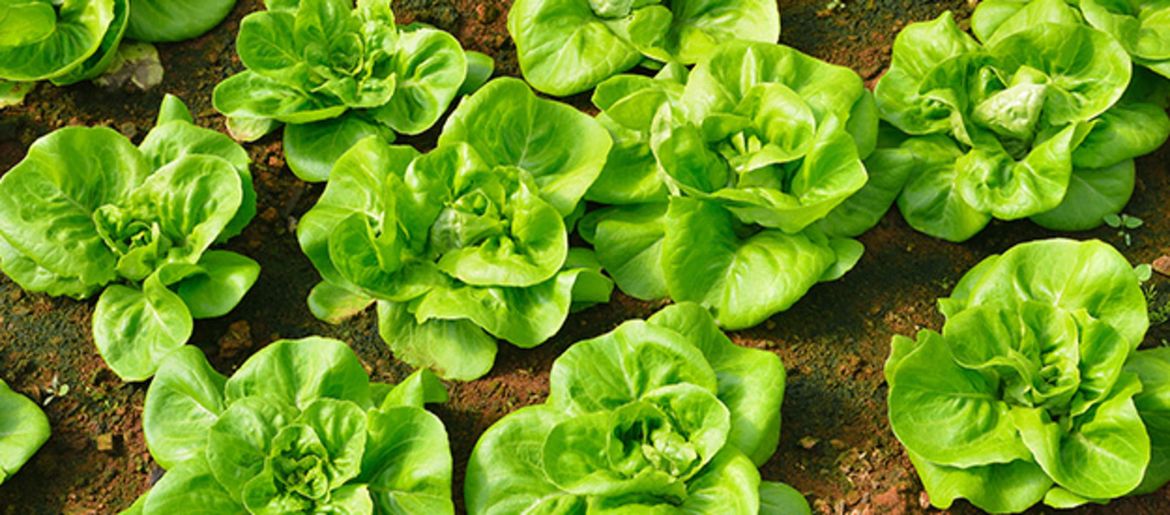Protect Plants Naturally
There are many herbal preparations that strengthen the defences of garden plants and are effective against pests and diseases. There is a corresponding herb that you can use for almost every ailment.
If you are new to the subject of natural crop protection, you might be overwhelmed by the sheer variety. We will try to shed some light on the matter here.
Definitions of terms
Natural pesticides can be made in different forms: extract, broth or tea. It is therefore very important to know how they're made and how to use them.
Extracts: Extracts are made with cold water. To do this, stir chopped herbs into cold rainwater and let the mixture stand overnight. You can use the extract the next morning after sieving out the chopped herbs.
Broth: You make this by soaking shredded plants in rainwater for around 24 hours and then boiling the mixture for 30 minutes. After cooling, sift off the plant debris and use the resulting broth as soon as possible.
Such natural pesticides strengthen the plants indirectly. Thanks to the minerals they contain, plants become more resistant to many diseases. Some herbs even produce antibiotic active ingredients, which are then applied to the plant to protect from pests or fungi. Depending on the herbal extract, it can be sprayed directly onto the leaves or poured onto the roots.
Very important: you have to use herbal preparations regularly and at an early stage for them to be effective.
Now let's take a closer look at a few plant extracts:
- Horsetail: It is a dreaded weed in the garden but wonderfully suitable for strengthening plants. Take one kilo of minced horsetail for every ten litres of water and make a broth. When the broth is ready, you can dilute it with five times the amount of water and spray it on the leaves every two weeks to prevent leaf diseases.
- Comfrey: Add one kilo of fresh leaves to ten litres of water. You can then apply this liquid after diluting it with 10 times the amount of water in the root area. It is especially good for plants that need potassium (tomatoes, potatoes).
- Nettle: With nettles, you can make all garden plants more resistant. You need to add 1 kilo of nettle leaves to 10 litres of water. After diluting it with ten times the amount of water you can then apply it to the root area. You can also spray it directly on plants, but then you'll need to dilute it with forty to fifty times the amount of water.
- An extract from nettles can also be effective against aphids, but this is controversial. It is important that the extract does not steep for more than twelve hours and is then immediately applied in its undiluted form.
- Tansy: Here you use 500 grams per ten litres of water and use it to make a broth. This is then diluted with twice the amount of rainwater and is said to help against pests in strawberries, raspberries and blackberries.
- Wormwood: Effective against various pests and diseases. Add 300 grams of fresh leaves to ten litres of water. Spray the undiluted, filtered liquid on leaves in spring to fight aphids, rust fungi and ants.
- Fern & bracken: These are wonderfully suitable for winter application (one kilo of leaves per ten litres of water). The undiluted solution works well against aphids and will also protect from rust on trees, bushes and the like.
- Onions & garlic: Add 500 grams of chopped onions and / or garlic to 10 litres of water. Pour this in the root area of plants after diluting it with five times the amount of water.
Latest reviews
-
 2.5 (2)
2.5 (2)Strömshaga "Ingrid" Candle Holder, Beige
-10%- Beige
- green
- For tapers
- Hand-painted
- Ø 13.5 x H 27.5 cm
£13.74 £15.25Delivery by April 29
-
 5.0 (1)
5.0 (1)Esschert Design Wooden Plant Labels, S
-10%- Made of birchwood
- Easy to write on
- Contents: 40 pieces
£3.05 £3.40Delivery by April 29
Magazine Articles:
-
Great Britain: Free standard delivery from £49.90
-
Free
returns More than 6.100 products
Secure payments
with SSL encryption technology

